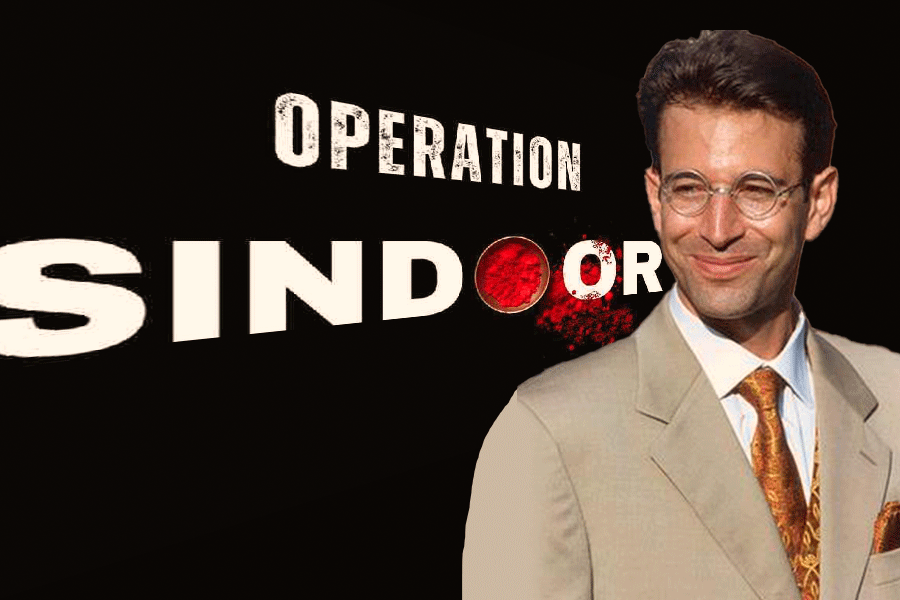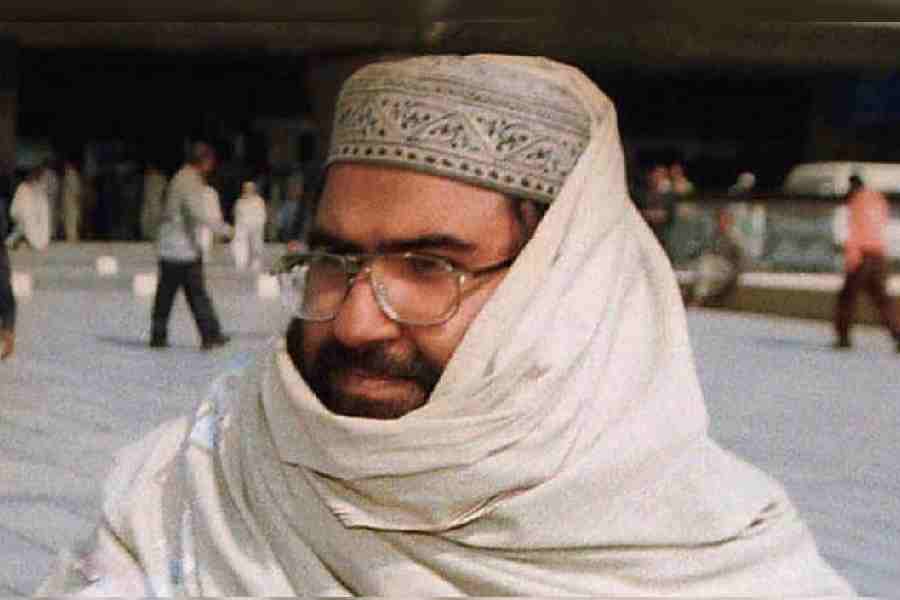India’s precision strikes codenamed Operation Sindoor destroyed a terrorist camp in Markaz Subhanallah, Pakistan’s Bahawalpur, in the early hours of May 7.
The attack destroyed what was the headquarters of the Jaish-e-Mohammad where training and indoctrination of recruits was done for the terrorist organisation.
The attack on the Bahawalpur camp is closely linked to an event that had sent shockwaves around the world immediately after the US had pledged its war on terror: The execution of Daniel Pearl, a journalist with The Wall Street Journal.
Pearl’s friend and Indian-American writer-journalist Asra Nomani on Wednesday shared her late colleague’s links to Bahawalpur.
“My friend, WSJ reporter Daniel Pearl went to Bahawalpur in December 2001 with a notebook and a pen. Gen. Pervez Musharraf had just promised he was shutting down Pakistan’s militant groups after a strike by Pakistan’s terrorists against the Parliament in India, and Danny reported on the militant offices in Bahawalpur,” wrote Nomani. “What did Danny learn? The militant training camps were open for business in Bahawalpur.”
Since she first heard the name of Bahawalpur in late January 2002, Nomani has reported extensively on the town in the “southern province of Punjab as a base for its homegrown domestic terrorists”.
“Did India bomb Bahawalpur? It did. I knew then India was striking actual hubs for Pakistan’s homegrown domestic terrorism,” Nomani wrote on her social media handle.
On January 23 2002, Pearl had left a flat in Karachi rented by Nomani for an interview with an Islamic cleric.
“I learned Danny’s fixer, Asif Farooqui, had arranged an interview for Danny through a man named “Arif.” Danny didn’t know it but Arif was the PR man for a militant group, Harkatul Mujahideen. What was Arif’s hometown? Bahawalpur?” Nomani wrote.
Nine days after his abduction, Pearl was beheaded. Three months later on May 16 the severed head and the decomposed body parts cut into 10 pieces were recovered along with a jacket that helped identify him in a shallow grave at Gadap, around 48km north of Karachi.
Pearl’s abduction and death were made into a film by the American filmmaker Michael Winterbottom starring Angelina Jolie and the late Irrfan Khan in 2007. Ten years later Indian filmmaker Hansal Mehta made the film Omerta, on one of the key accused in the abduction and execution of Pearl, the British-Pakistani terrorist Ahmed Omar Saeed Sheikh.
According to Nomani the cops in Pakistan had launched a manhunt for Arif who was caught from Muzaffarabad, after his family faked his death. The Sawai Nallah camp in Muzaffarabad, where the Pahalgam attackers were trained, was also destroyed in Wednesday’s pre-dawn strike by the Indian forces.
“Arif had handed Danny off to Omar Sheikh, a British-Pakistani dropout from the London School of Economics, radicalized in the 1990s in London mosques. He went to Pakistan to train in these militant training camps. Then he kidnapped tourists in India. He was caught and jailed but on December 31, 1999, he was traded for hostages in the hijacking of Indian Airlines Flight 814,” Nomani wrote. “Omar Sheikh was freed with Pakistani terrorist leader Masood Azhar, whose family was allegedly killed this week by India’s air strike in Bahawalpur.”
Nomani said that instead of jailing Azhar and Omar Sheikh, Pakistan’s military and intelligence gave them safe passage.
“They used them as weapons against India. But in fact these domestic terrorists have waged war against innocents in Pakistan, like civil society activists, Benazir Bhutto, Punjab Governor Salman Taseer, schoolchildren and countless others,” she wrote. “Their extremism has ruined Pakistan, and Pakistanis can’t blame America for creating the mujahideen to fight the Soviets in the 1980s.”
She feels Pakistan's obsession to occupy Kashmir has trumped over its duty to dismantle the terror bases for the safety of its own people.
“You will see parallels in the propaganda messages against India and Israel. Like Hamas, Pakistani terrorists crossed a border to kill. Now, Pakistani propagandists call themselves victims of their “fascist” “colonizer” neighbour,” she wrote.











